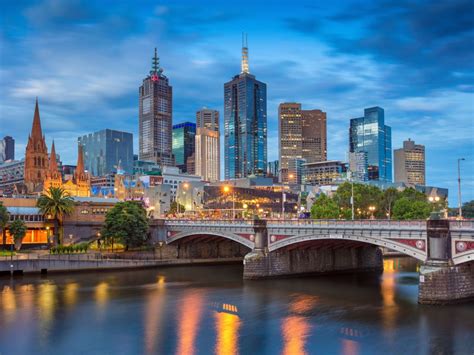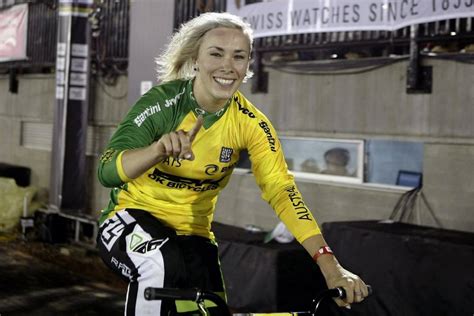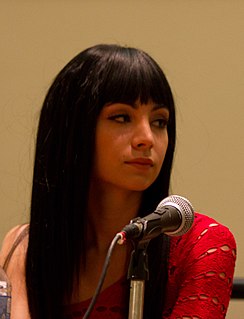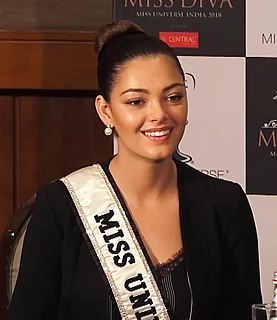A Quote by Carol Bellamy
Sport can be used for messaging, for example, making the connections between shin guards or a helmet that protects you, and protection in terms of HIV and AIDS. There has also been a very active program in Africa called 'Kick Polio out of Africa,' where soccer players have spoken out in terms of polio. There is also going to be a swim for malaria.
Related Quotes
There's so much stigma around HIV/AIDS. It's a challenging issue, and the people that already have been tested and know their status find it very, very hard to disclose their status, to live with that virus, and to even seek out the kind of information they need. This experience of going to South Africa a decade ago really woke me up to the scale of the HIV/AIDS pandemic in sub-Saharan Africa, how it was affecting women and their children. I haven't been able to walk away from it.
I think everybody knows that Africa is in a very deep crisis. There is economic misery and social deprivation and that Africa needs help but the question then is how. And also we have to make sure that we don't repeat old mistakes; this help is only short term. It doesn't address Africa's long-term fundamental needs and how to put Africa on the right track to development. What Africa needs to do is to grow, to grow out of debt.
I consider myself incredibly lucky to live and work in places like Canada and the U.S. where polio no longer threatens to rob the livelihoods of innocent children. As a young woman, I stand behind the women around the globe who are leading the charge against polio and working relentlessly to achieve a polio-free world.




































